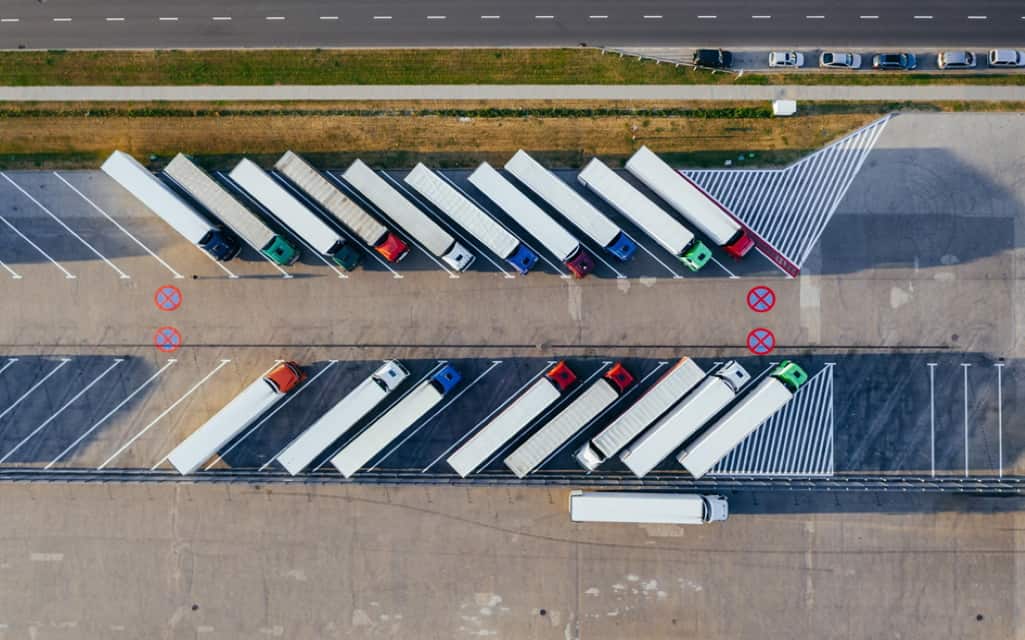Online stores have become a popular buying method, with the number of online shoppers steadily increasing by millions around the world. That is why logistics have become one of the most important aspects for e-commerce, since the sale is not finished until the buyer receives the product in their hands.
Because online stores have to send the order, which means that the consumer will not receive it immediately after having bought it (unless it is a digital product), the experience the client has regarding the delivery of the product they have purchased is truly important. That is why we should take into account the factors that must be considered in order to have an adequate logistics infrastructure. If why logistics are important is still unclear, you should bear in mind that recent studies have revealed that around 80% of e-commerce businesses do not reach a third year of life, mostly due to factors related to poor logistics.
It is essential to remember that the quality and the price that the operator handles are very important, since these main points can be the key to success for an electronic commerce. The online market is much more competitive thanks to the large number of projects that are created every day. Only those companies that have good logistics and manage to excel in this aspect achieve excellent results at the commercial level.
That is why one of the first things that has to be analyzed in any online project is which product will be sold and how complicated or simple it can be to deliver it online. That is why when choosing one or several products that you want to sell online you have to thoroughly analyze the possibility of delivering it in a perfect condition and at a good price. To make it easier for you to ensure good logistics in your business, we will present some key points of e-commerce logistics. Also, it’s very useful to use a PIM product, a tool that centralizes all the information of the products of an e-commerce, which helps the logistics service.
How to develop the logistics of an e-commerce
The type of product
As we have mentioned several times, the type of product will be the one that will determine the shipping method. Some products can be delivered in normal shipments, while others require special shipments.
Some products that require special shipment may be: bulky products (furniture, etc.), perishable or fresh products (different types of food) and fragile products (glass, electronics, etc.). These are products that require specific needs and care, so these shipments can not be made the same way as any other product.
Prices
Shipping prices may vary depending on different factors, among which we can highlight the amount of shipments made by the company. That is, you will not have the same cost to make 1 shipment per day than to make 300 shipments per day. Here, the price of the logistics operator and all the services it offers must be assessed (management, traceability, customer service, reverse logistics, among others). Another factor that greatly influences the price is the customer’s shipping data, that is its geographical location.
The delivery areas
Hand in hand with the previous point, you have to differentiate directly if the products offered online are delivered only nationally or internationally. Domestic shipments are only made within the country in which the company operates, while international shipments can cover several countries.
The delivery times
As for the delivery time, this will vary depending on whether they are domestic or international shipments. Most stores make domestic shipments in less than a week, while others have express orders in which the product is delivered the same day. This may also vary depending on the type of product. As for international deliveries, these may vary depending on the needs of the customer and what they are willing to pay for the shipment. The most expensive and fastest way is done by plane, while the cheapest way through terrestrial deliveries.These are some of the most important aspects to consider, although there are other aspects such as insurance, reimbursement and reverse logistics.



